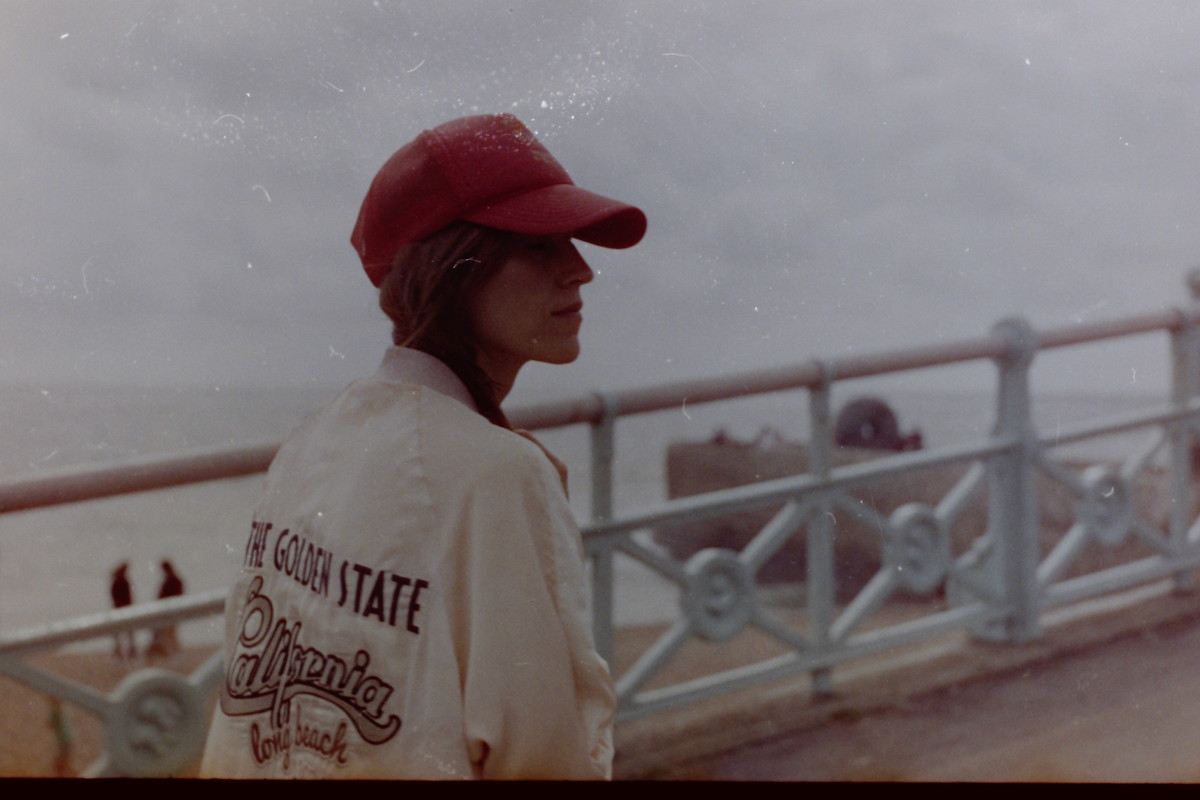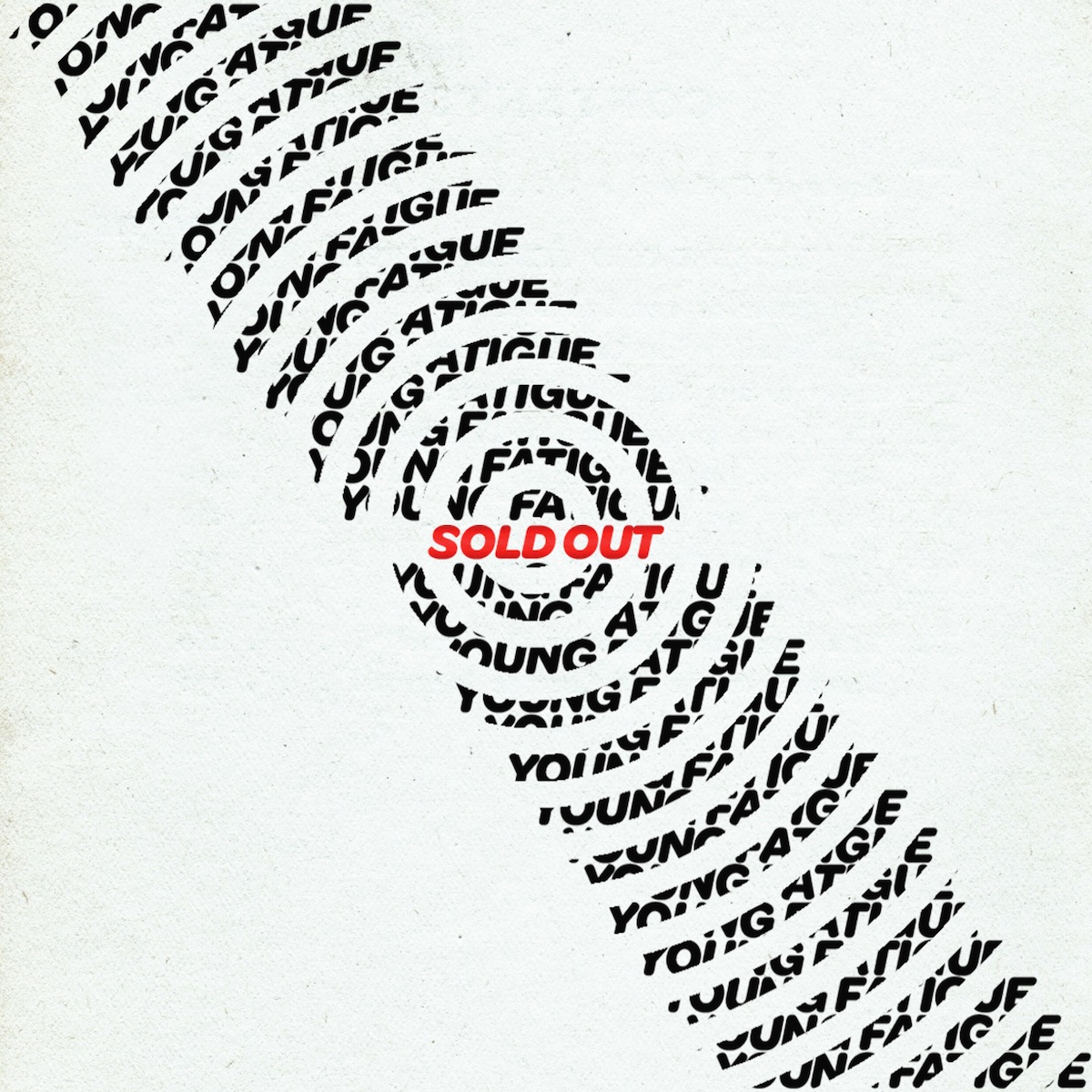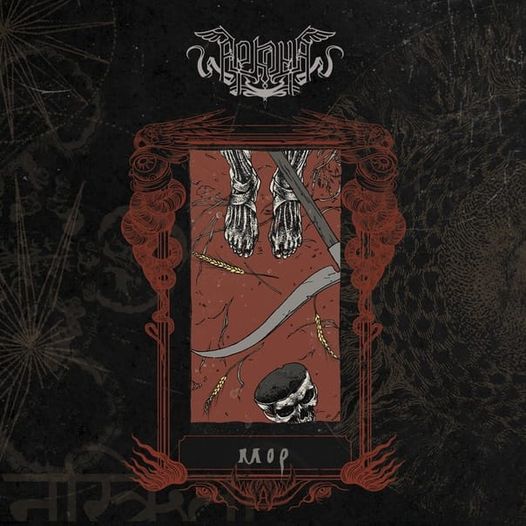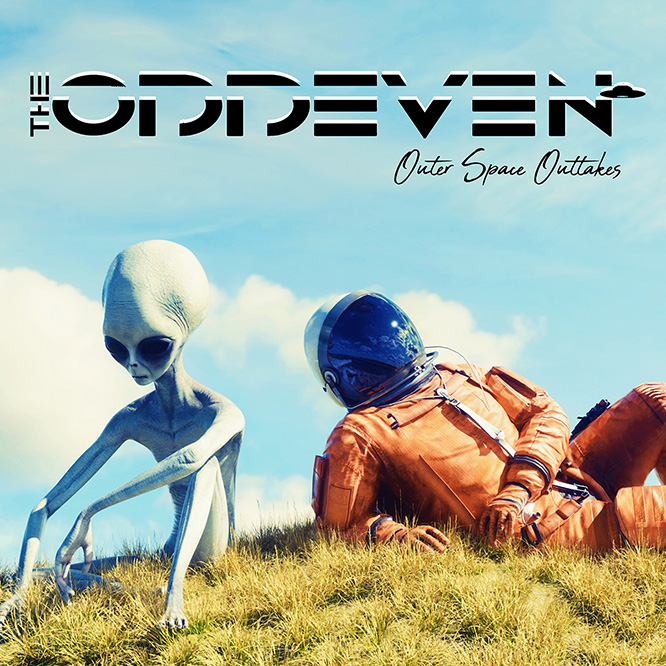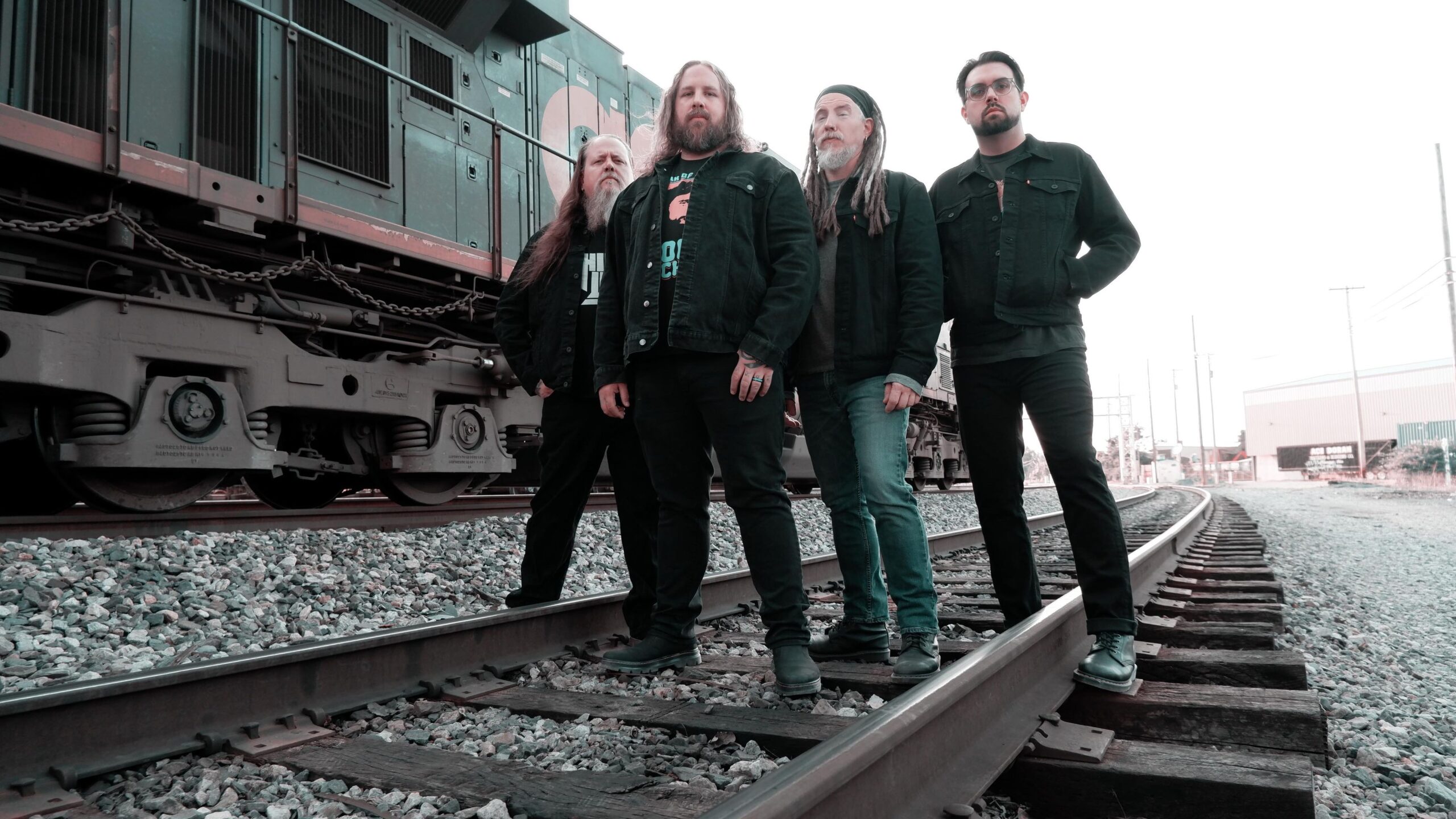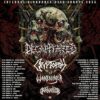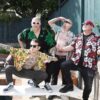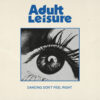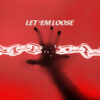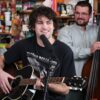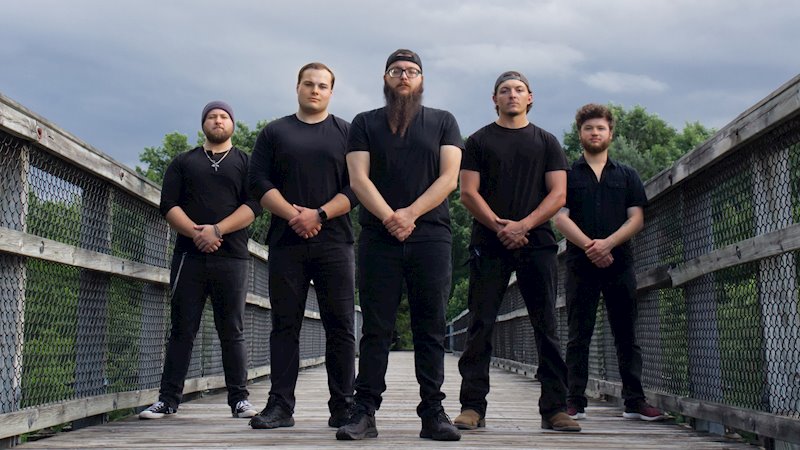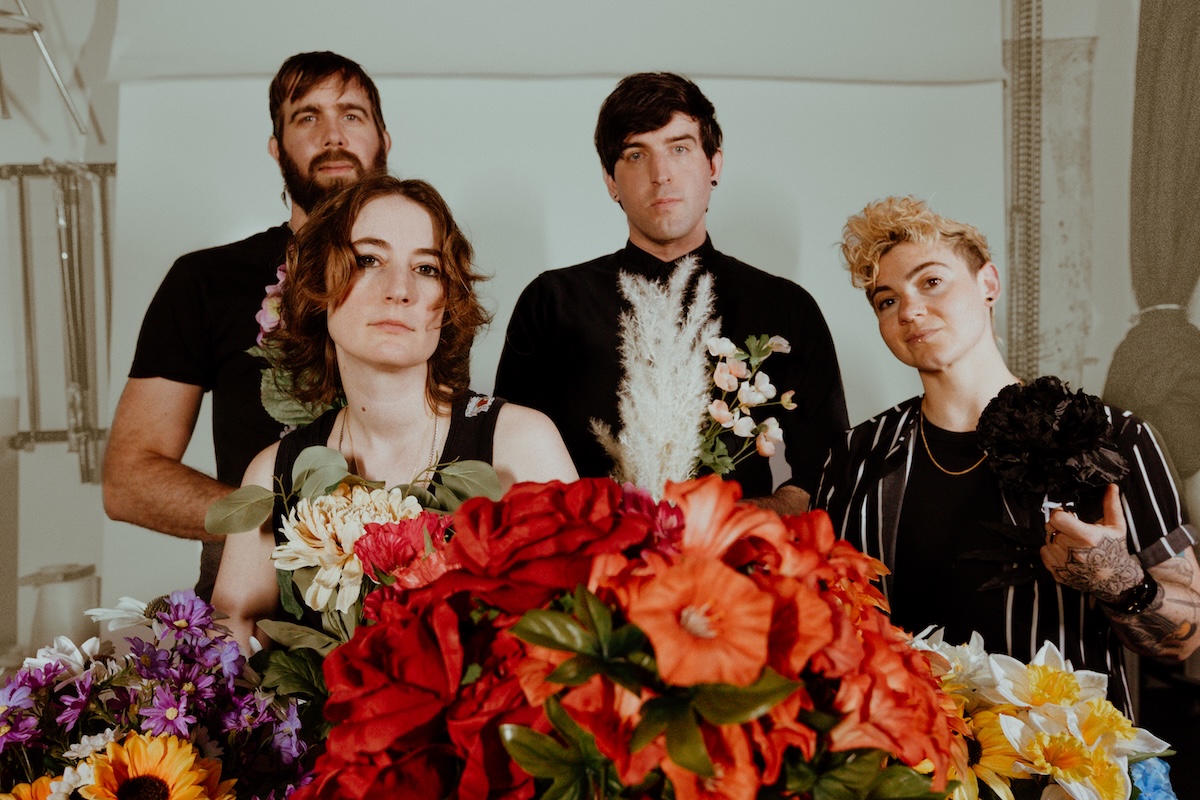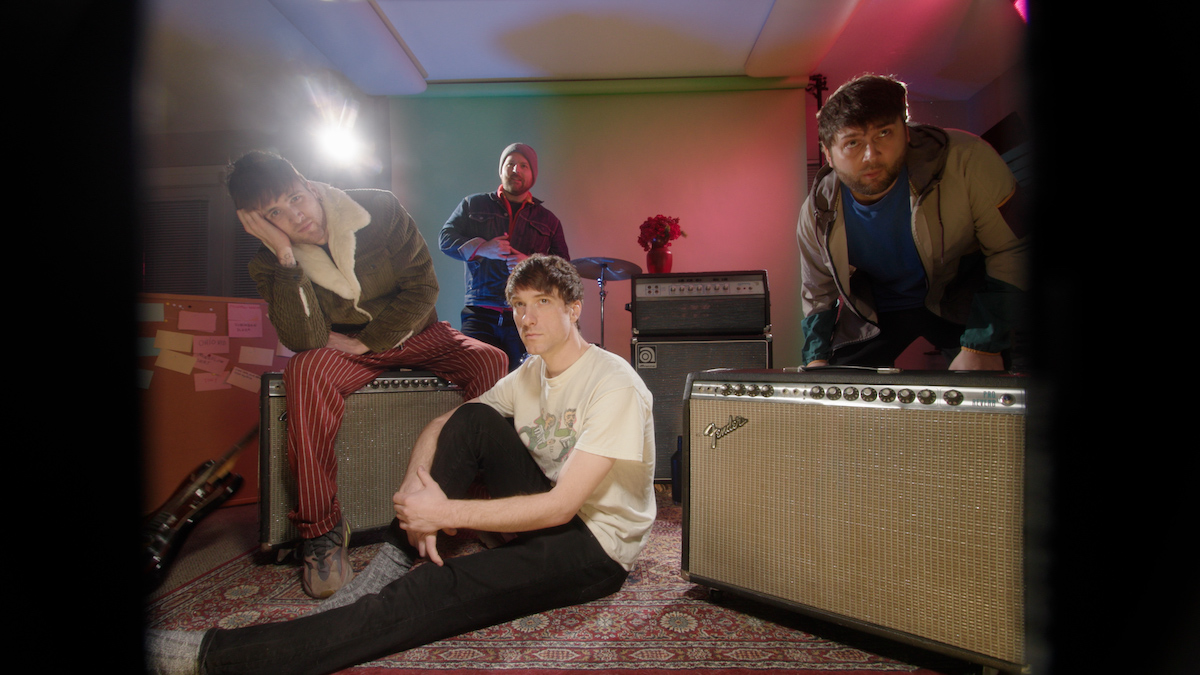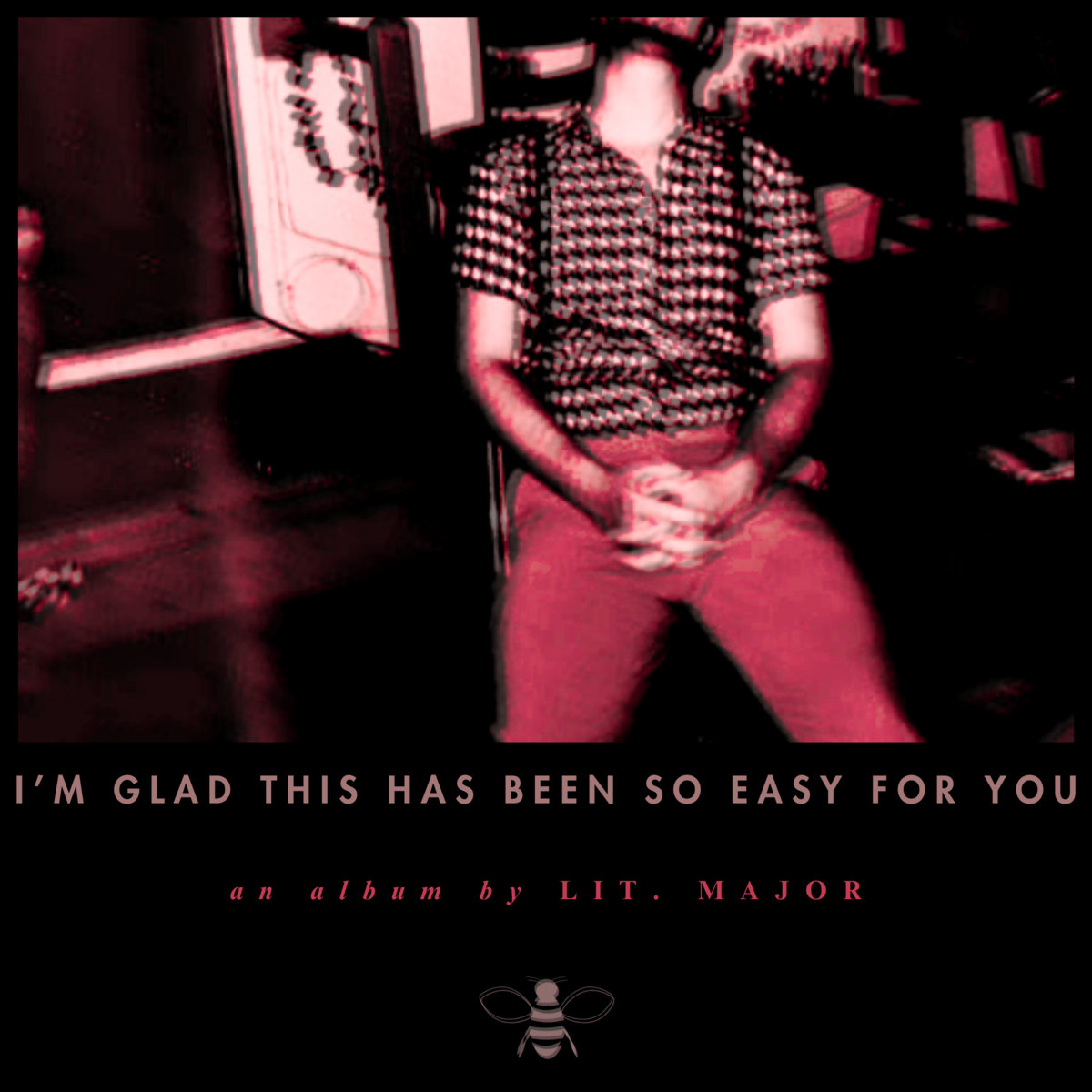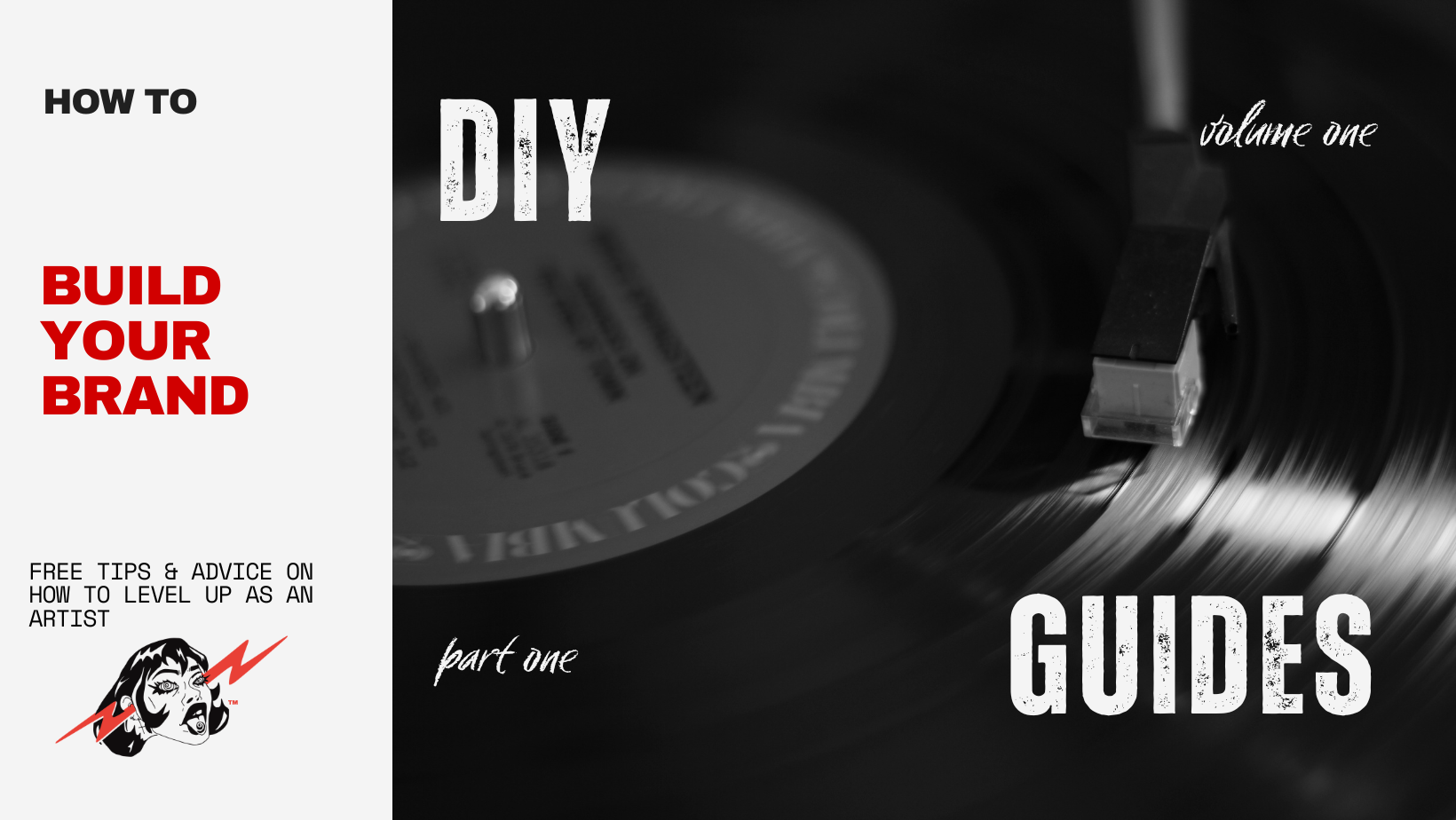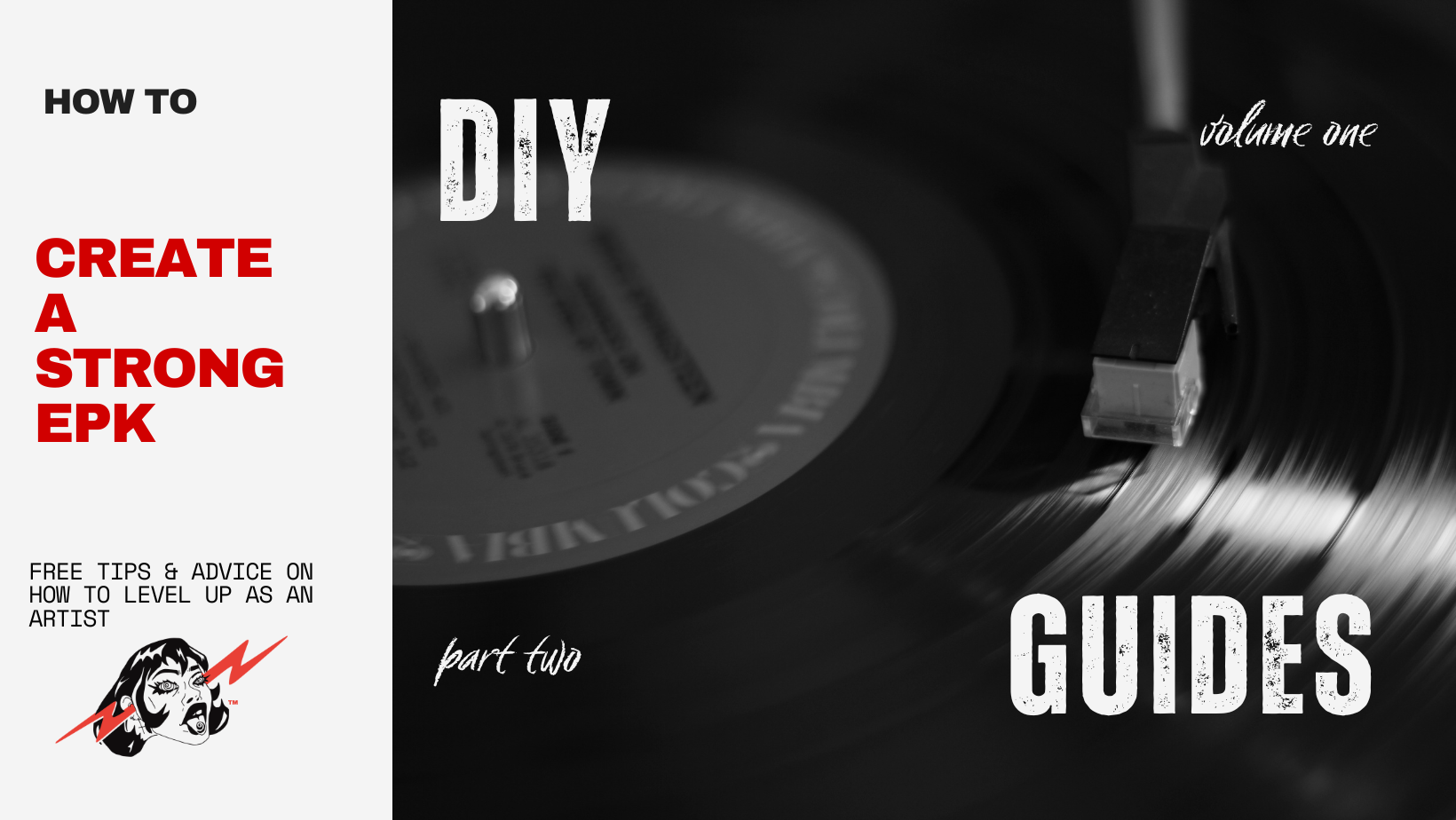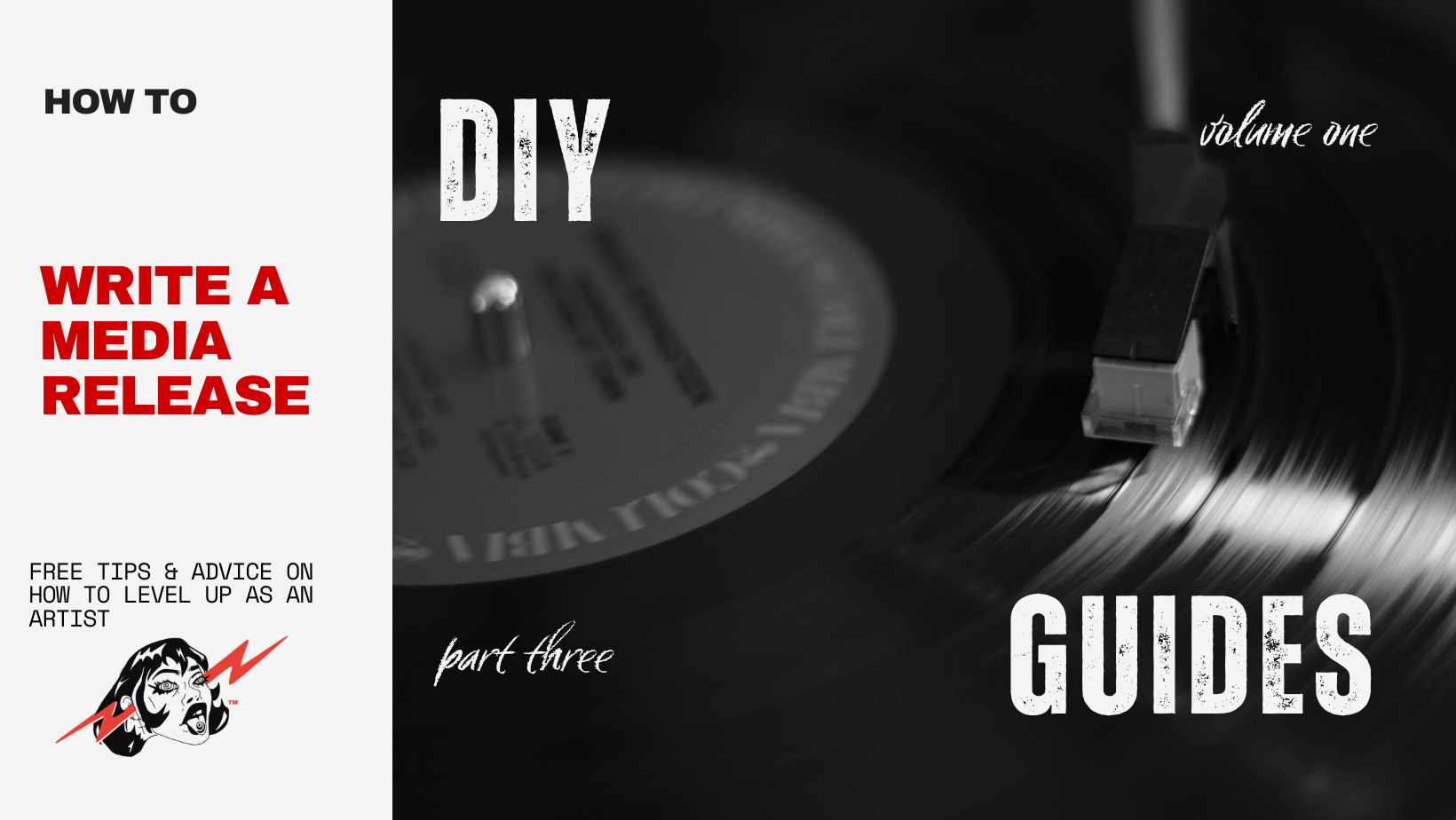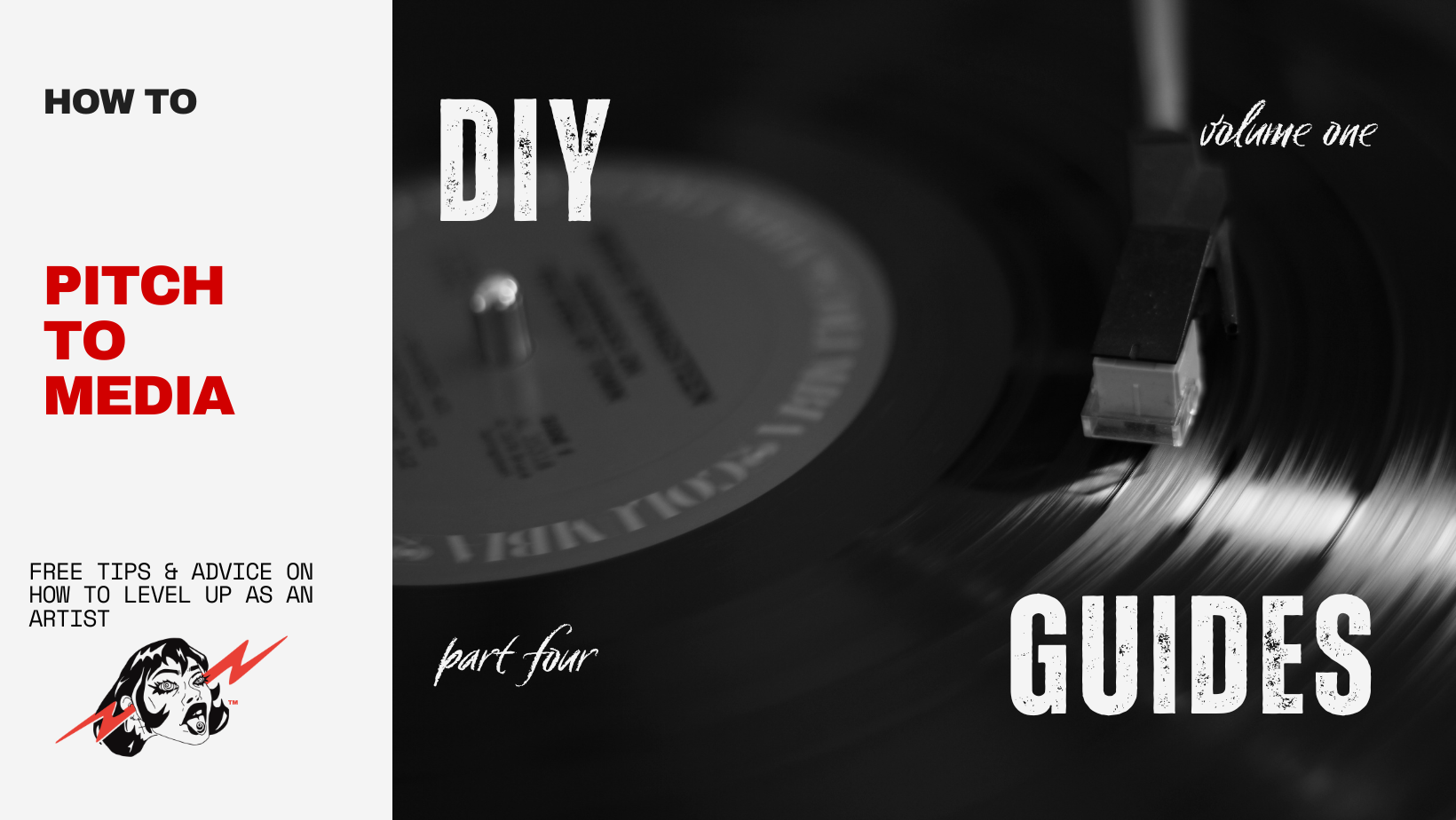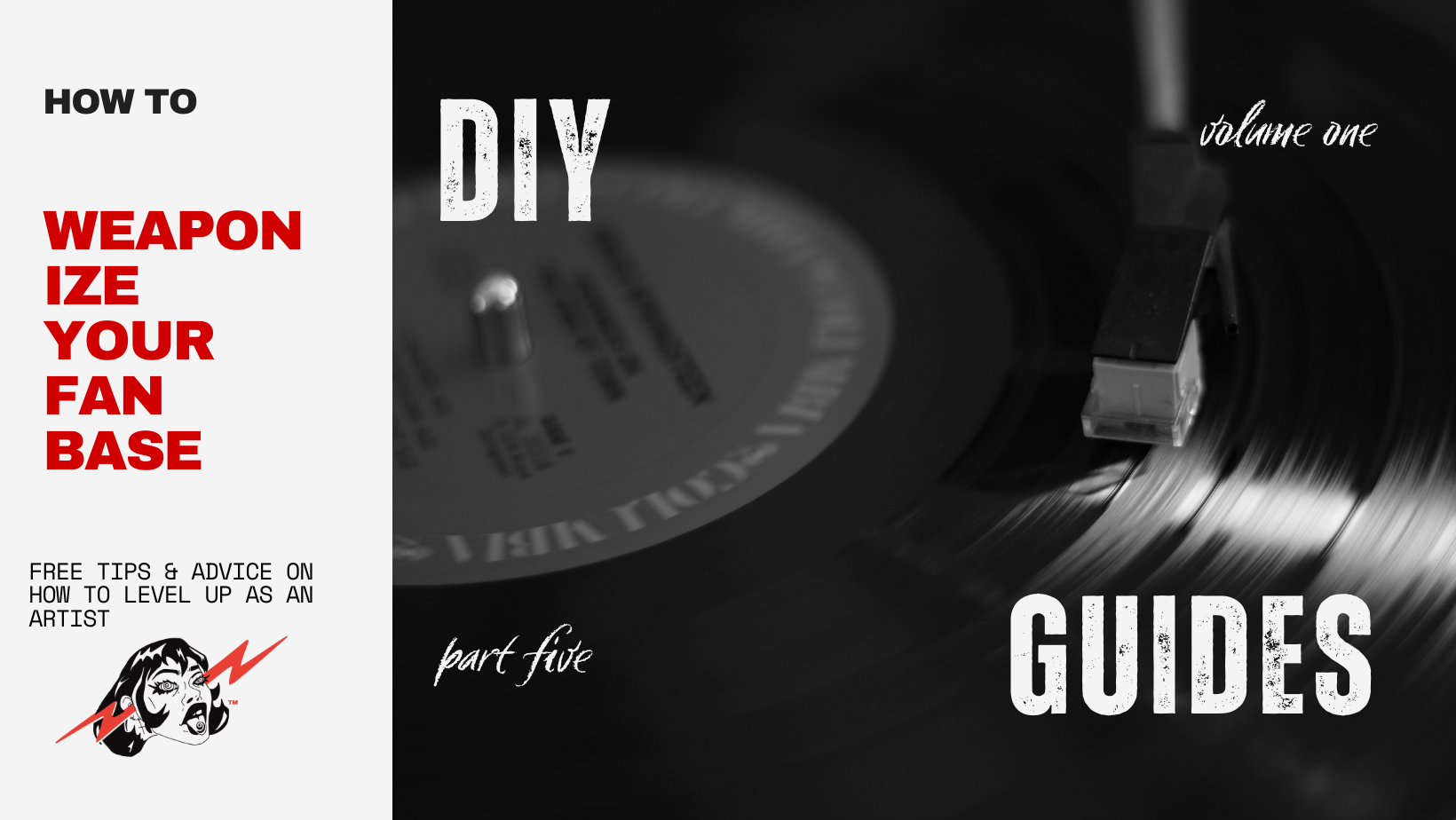Julia Sophie offers a candid look into the evolution of her art as she navigated the highs and lows of the music industry, from major labels to DIY ventures. In our revealing conversation, she discusses how her diverse experiences, from a high-profile rock band to intimate solo work that have shaped her debut album forgive too slow. Reflecting on fame, artistic integrity, and the impact of her background in psychotherapy, she provides deep insight into the creation of her most personal and authentic work yet. Dive into the full interview to discover how Julia Sophie’s journey has culminated in a profoundly honest and liberating musical statement.
ATN: Your journey in music has been quite diverse, from major labels to DIY projects. How has this varied experience shaped your approach to music-making today, particularly with your debut album forgive too slow?
JS: I used to feel quite lost and confused by my past, often feeling like I had failed, and so maybe changing my musical concepts and visions was a way to escape my feeling of failure and a way for me to start afresh. Now, however, I am starting to experience the work I have done through a different lens, I am learning to embrace and accept who I am and the work I have done. Being in a major-label rock band and various DIY pop collectives, I feel that I have lived and expressed different parts of my being which has all come to shape who I am today. I know that I can reinvent myself and I have done it once again as Julia-Sophie. This time, however, what is the most different to anything I have done before, is that I am not hiding behind the face of a band, I am for the first time, simply being me and expressing myself as honestly as I possibly can.
ATN: Your singles “numb” and “telephone” delve into deeply personal themes of self-destruction, love, and loss. Can you talk about the inspiration behind these tracks and how they fit into the broader narrative of your debut album?
JS: In these tracks, as with all my music on this record, my sole aim was to be as honest as I could be for me in this time. And for that to happen, I had to write about my experiences, those where I am falling apart, falling in love, hurting others, feeling hurt myself, my confusions, my heartache, my regrets. Everything I write about comes from the heart, that’s all that this music is about for me.
ATN: The album seems to explore the idea of forgiveness and the struggle to break free from past patterns. Could you elaborate on how these themes manifest throughout the album and what listeners can expect emotionally?
JS: I imagine everyone listens to music differently. Lyrically the theme of forgiveness, in the sense, the whole album is loosely about what happens to us when we can’t break out, or break free of our past, and how sitting holding onto resentments or hurt can really stop us from moving on, stop us from living in the present and enjoying everything that can be good about the now. So yes, I think that listeners can expect to feel a lot of intense emotion, expressed both lyrically and through my electric production, just like life, it never stops, it’s pretty relentless – with the occasional moments of relief.
ATN: You mentioned that being a solo artist has allowed you to truly find yourself musically. How has this journey of self-discovery influenced the sound and style on forgive too slow?
JS: Making this album was different to anything I had done before because I didn’t have to worry about making other people happy, or compromise I guess. I loved that I could just make the music I wanted to make and colour it how I like: creating soundscapes with all kinds of synths and drum machines, has felt so liberating.
ATN: Your artistic journey has included film scoring and collaborations across various genres. How do these experiences inform your approach to blending electronic elements with more traditional songwriting on forgive too slow?
JS: The whole concept behind my solo work has been to integrate my traditional songwriting roots into electronic music.
ATN: Your songwriting is often described as introspective and confessional. How do you balance personal storytelling with creating music that resonates universally with your audience?
JS: In all honesty, I have never made or written music thinking about my audience. I make music more as an art form or as a way of expressing myself. It’s never been to ‘get somewhere’ or to ‘become someone’. I still don’t really understand the whole industry behind music and art. I am not sure how the two worlds meet. I just do what I do and release it. If it resonates with people, then that’s just luck, I guess, and a privilege.
ATN: The title forgive too slow suggests an introspection into the human experience. What message or feeling do you hope listeners take away from the album as a whole?
JS: Maybe my hope is that people will reflect a little on their lives and relationships, and learn to let go of the past a little, learn that love and forgiveness is more important than holding onto past grudges. Sure, people do bad things, but people also make mistakes. I have made many mistakes and yet I am also trying to make amends.
ATN: Your decision to leave the fame game after experiences with a major label was pivotal. How did this decision shape your perspective on success and artistic integrity?
JS: I could have stayed on in the USA to make a second Little Fish album, but I chose not to because I wasn’t prepared to “play the game” or continue to compromise who I was as an artist. I had a really tough time in the US, it was one of the worst experiences of my life and yet I couldn’t talk about it (and I still can’t). But one of the biggest lessons for me, having met so many famous people, was that fame, with the people I was surrounded with, was not for me. I learned that I enjoyed making art and expressing myself and that I could do that without having to be famous and that I could do it with people who actually cared about me.
ATN: With your background in psychology and gestalt psychotherapy, how does your understanding of human behaviour influence your songwriting process, especially when exploring complex emotions like those in your music?
JS: I think working in psychotherapy has really helped me become more able to express myself and not deflect so much from my emotions, which has allowed me to write music that is more authentic and true to how I feel.
ATN: Looking ahead, what are your hopes and aspirations for forgive too slow and beyond? How do you envision your musical journey evolving in the future?
JS: I don’t know? I had never planned to actually release this record. I believe the universe did its thing by making this happen. I feel so bruised by the music industry and my life as a musician as a whole that I just take every day as it comes. I love my work as a therapist, it nourishes me and allows me to feel more self-worth, which is important. I have spent years in the music industry feeling invisible and worthless, so yes, I am not even sure if I will continue to make music at all. I will let the universe do its thing. Never say never, but also, I am happy to leave the industry having finally made an album that I feel represents me and that I am proud of.
SAME 3 QUESTIONS WE ALWAYS ASK
ATN: Artist / band that you feel is the most underrated and why?
JS: Max Blansjaar – He is a young solo artist from my hometown in Oxford who has been releasing music from the age of 15yrs old and recently released his debut album False Comforts. He is an exceptional lyricist and musician who deserves so much more attention that he has. I like to think that his time in the limelight will come.
ATN: Artist / band that you would like to collaborate with and why?
JS: I mean I would love to collaborate with an artist like Caribou or James Blake because I am huge fans of their music.
ATN: Artist / band that you would like to tour with and why?
JS: I think I would like to go on tour with Wet Leg, simply because they seem like so much fun. I like to laugh and not take myself too seriously.
Photo by Siobhan Cox

